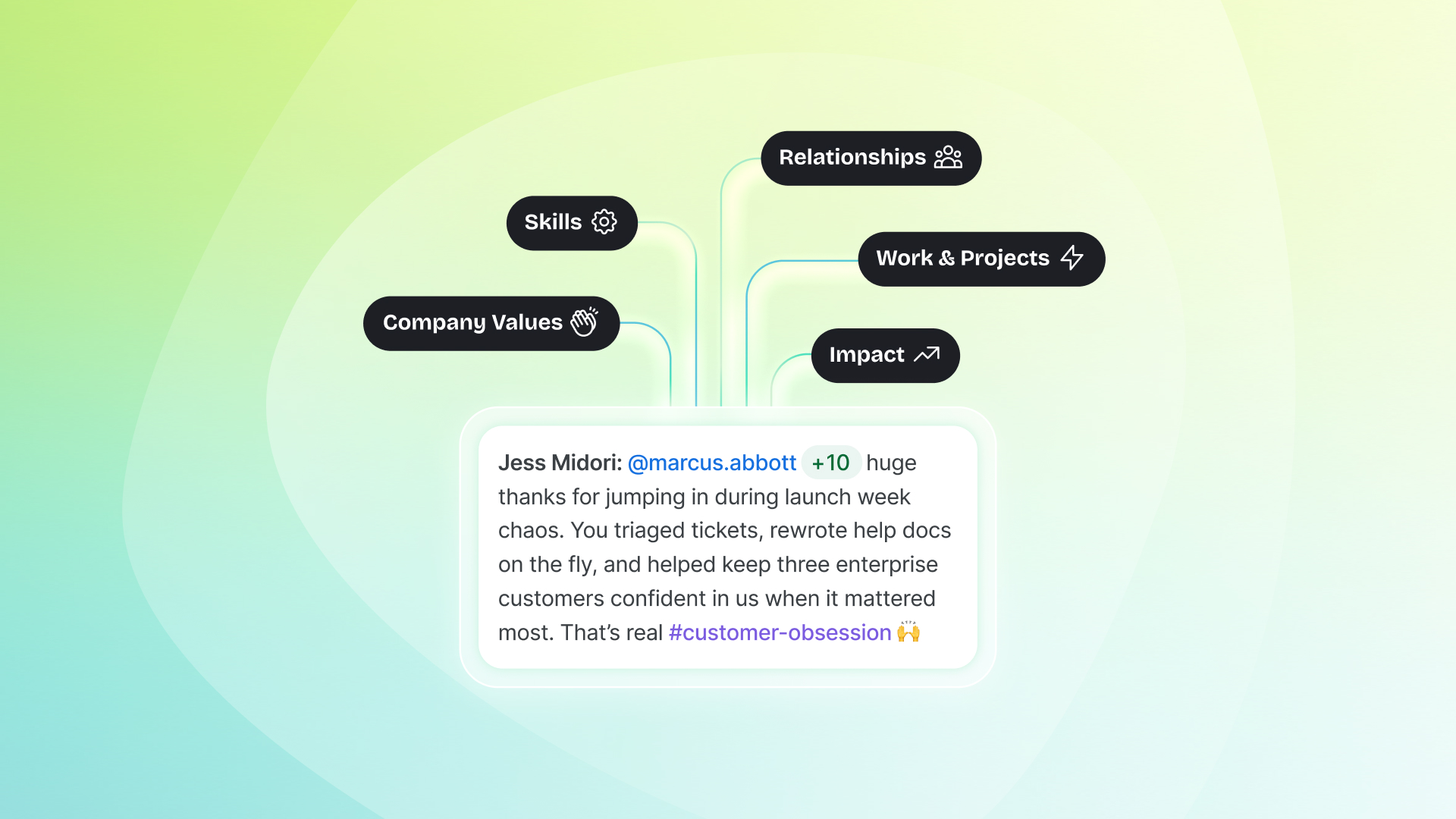Employee Compensation: More Pay Doesn't Always Pay Off

What keeps employees at a company?
It's a common belief that financial compensation like salary and bonuses inspire people to stay in their job. That's true in part, but it's not the whole story. Although fair and sufficient financial compensation is definitely a requirement to keep most employees, there are other retention tools that can have an equal or greater impact compared to pay.
Think about it:
Well-paid employees leave companies all the time. It's common for employees, particularly skilled knowledge workers, to be hired away from their current company in return for a pay bump at their new position.
Situations like these financially incentivize employees to stay in their job for a short time. Most employees won't turn down more money unless there's a good reason not to. Unless your company's financial resources are unlimited, this is a tough game to play.
Download Now: Compensation Guide By our Partner Betts Recruiting
Pay is important, but it's not the most important
SHRM's Job Satisfaction and Engagement Report showed that although compensation is clearly an important element of employee retention and engagement, it may not be the most important.
Why is that?
Salary and bonuses are fungible
This means that your salary (and bonus) dollars are identical in value and usefulness in comparison to your competitor's. An employee can exchange those dollars in equal amounts without losing or gaining from the transaction. When one employer offers more of an identical asset, it's a clear choice which is the more valuable offer.
In other words, if your employee compensation package is dominated by financial incentives like salary and bonuses, and your competitor can offer more, you lose.
It's not even necessarily clear that offering more financial incentives will help you win in the long run. If financial compensation is the only employee retention solution you have, you'll only be keeping your employees as long as it takes them to find a better deal.
So what employee compensation can you offer that isn't fungible?
Company culture is important, too
Just like fingerprints and snowflakes, every company culture is unique. Even very similar company cultures exhibit unique differences when given a close look. It's the exact opposite of a fungible asset.
Here's an important question to consider though:
Is your company's culture an asset, or a liability?
Organizational culture can be a massive competitive advantage in hiring and employee retention when it's at its best, but at its worst, it can just as easily be a disadvantage. Poor company culture can demand larger costs, simply because it costs more to compensate employees to the point where they would say "I hate this place, but they pay me too much to leave."
If you have a strong company culture, lean into it. It's something of incredible value you can provide that nobody else can. Genuine recognition, teamwork, and appreciation provide compensation for great work that money can't. Building a culture around that can change the game.
Want our newest blog posts straight in your inbox? Sign up for our bi-weekly newsletter!
Building a better culture
You can build a culture that attracts and retains employees. It's not a secret art; it's not really even too complicated. The first step is to take several steps back and determine what your company culture looks like from an outside perspective.
Once you've determined what your culture currently looks like, it's time to think about what you'd like your ideal culture to look like. Pay special attention to the differences between your ideal company culture, and the one you currently see—these are great opportunities for improvement.
Effort and resources spent building a stronger organizational culture are sound investments. Excellent company culture inspires employee engagement, which influences countless business metrics, from employee retention to customer engagement, even stock price.
Define the positive culture you want to provide, implement it, then live it.
You can start strengthening company culture and your employee compensation package in one step by implementing peer recognition and rewards.
Ready to learn more about that?







